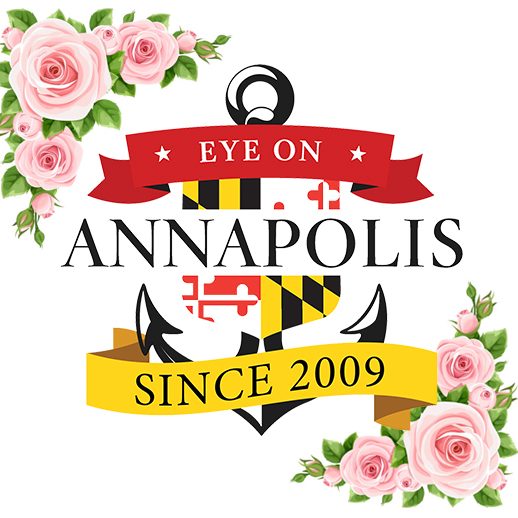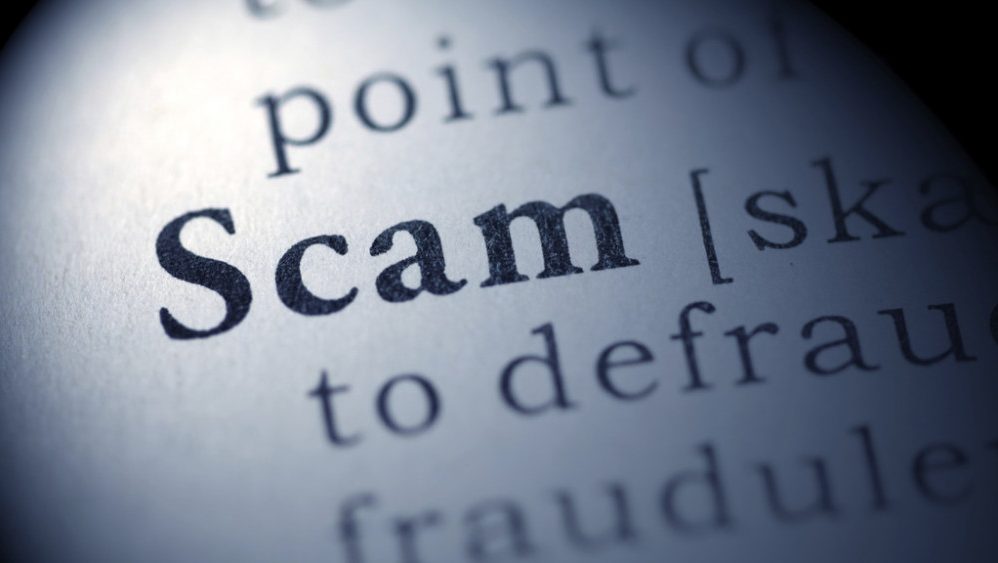

Maryland law gives consumers the right to choose a third-party energy supplier and give the suppliers the green light to market directly to consumers. Many of these companies make promises that switching from a public utility such as BG&E or PEPCO will save you money or help the environment by offering “cleaner energy.” These suppliers must have a license from Maryland’s Public Service Commission (PSC), and comply with Maryland law and PSC regulations. But, unlike public utilities, the rates and fees of these third-party suppliers are not subject to review and regulation.
As a residential consumer, you receive your energy supply from the public utility unless you choose to switch to a third-party company. However, some of these companies use heavy-handed tactics to persuade you to switch, or — even worse — may actually try to deceive you into switching suppliers. Switching a consumer’s utility supply service without their permission is called “slamming.” In 2019, the PSC shut down SmartOne Energy for this practice, revoking its license and ordering them to pay a penalty. On October 7, 2020, following a complaint from the Maryland Office of People’s Counsel (OPC), the PSC found a different company, Smart Energy, in violation of PSC law and regulations, and ordered refunds to SunSea consumers solicited by telephone.

The Attorney General’s Consumer Protection Division has received multiple complaints of telephone solicitors and door-to-door salespeople engaging in tactics such as impersonating public utility representatives and asking to view consumers’ energy bills. If someone claims to be representing a public utility and you are already a customer, they would never need you to show them your bill — they would already have that information! If you show your current utility bill to a representative of a third-party supplier, they can obtain all the information they need to switch you without your knowledge or permission.
Some consumers complain that they were offered better rates than the public utility, but were surprised to find bills that included higher rates or additional fees, making their final bills higher than before they switched. In fact, third-party suppliers often have variable rates, and may apply additional fees and contract termination fees.
Before committing to switching to a third-party energy supplier, be aware that the majority of Maryland consumers actually pay more over time. A 2018 report by the Abell Foundation, Inc., on behalf of the OPC, found that third-party supply customers paid higher rates over time than those who stayed with standard offer service provided by the utilities. According to this report, between 2014 and 2017 Maryland consumers using third-party electricity supply paid $255 million more than consumers using public utilities (this study excluded suppliers that sell only 100 percent renewable energy products).
If you choose to switch to a third-party energy supplier, be sure to read their terms and conditions very carefully so you fully understand their rates and fees, the length of the contract, and if you are able to cancel the contract and when, if you change your mind. And remember, in almost all phone and all door-to-door solicitations, the agent must give you a contract to sign and return to the supplier.
Be wary of the following if you are visited by a door-to-door utility salesperson. These are red flags that they may be trying to switch your utility without your permission or knowledge.
- They don’t immediately identify themselves or what company they work for, or fail to display their credentials;
- They are wearing attire or badges that closely resemble those of your public utility;
- They claim to have been “authorized” by your public utility to review your bill to see if they can save you money;
- They ask to see a paper copy of your current bill or view it online; or
- They claim that your public utility is changing their billing structure and need to review your bill with you.
If you are visited (or called) by someone claiming to be representing a third-party energy supplier, you have the right to request information to review before you make a decision about switching. Don’t let the representative pressure you into making a decision quickly. You may wish to review complaint reports about local retail energy suppliers, which can be viewed on the PSC’s website at https://www.psc.state.md.us/retail-energy-supplier-complaint-reports/ . You have the right to get your energy from a public utility or select an alternative supplier of your choice, but they may never switch you without your permission.
For more information, visit the OPC website at www.opc.maryland.gov , and look for “Retail Suppliers” in the Consumer Corner.












































